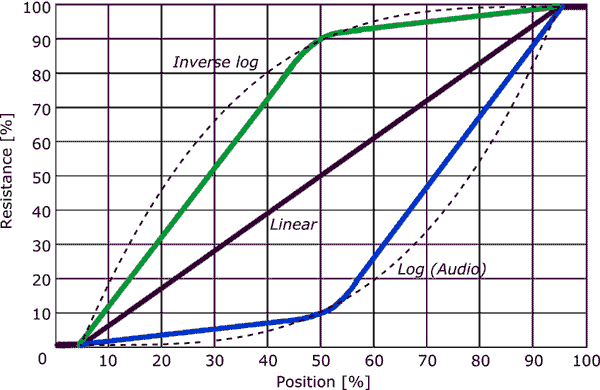forgetaboudit
Well-Known Member
- Joined
- Mar 6, 2016
- Messages
- 101
- Reaction score
- 15
I built my own stir plate with a PC fan, laptop charger, magnets, and a potentiometer a year ago.
I am now finally getting sick of it, and want to know how to fix it.
The potentiometer seems to only have a tiny amount of adjustment on the speed of the fan. It's pretty much either on, or off with a very minute amount of movement to speed up/slow it down.
What could the issue be? Potentiometer not correct size? Fan not correct?
I am now finally getting sick of it, and want to know how to fix it.
The potentiometer seems to only have a tiny amount of adjustment on the speed of the fan. It's pretty much either on, or off with a very minute amount of movement to speed up/slow it down.
What could the issue be? Potentiometer not correct size? Fan not correct?



